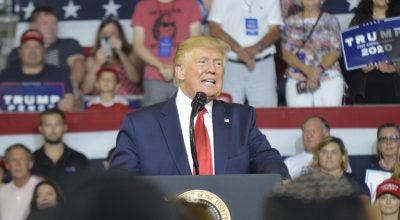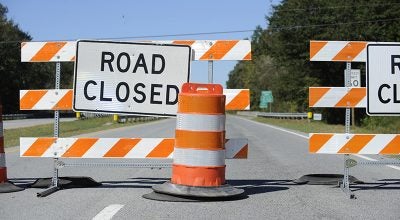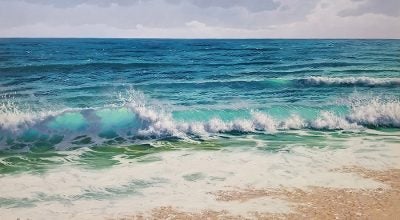McAdoo’s request sacked by judge
Published 4:38 pm Thursday, July 14, 2011
DURHAM — A judge denied a request Wednesday by a former North Carolina football player to be reinstated to the team after being declared permanently ineligible for academic misconduct by the NCAA.
Durham County Superior Court Judge Orlando Hudson denied a petition by Michael McAdoo seeking to compel the university to reinstate him while preventing the NCAA from interfering in that process or punishing the school if he returned. McAdoo sought the court ruling so that he would be able to return to the football team in time for the start of his senior season this fall.
“It will make it very, very difficult to make that happen in light of this ruling,” said Noah H. Huffstetler III, one of McAdoo’s attorneys.
Huffstetler had argued that McAdoo was losing the opportunity to play college football as well as the chance to possibly turn that into a professional career. But in denying the request, Hudson said McAdoo “will not likely suffer irreparable loss if the injunction is not imposed or issued.”
McAdoo attended the two-hour hearing with his mother and grandmother. He had no visible reaction to Hudson’s ruling and filed out of the courtroom with his attorneys through a side door without comment.
The school had previously appealed McAdoo’s ineligibility and said the penalty was too harsh. But on Wednesday, state attorneys representing the university found themselves on the opposite side of the room from the former player.
“The university sought the restoration of the plaintiff’s eligibility, advocated for it and filed an appeal on his behalf,” attorneys with the state Attorney General’s office wrote in a filing opposing McAdoo’s request. “But in the end, the university lost. As an NCAA member institution, UNC-Chapel Hill now has no choice but to respect the NCAA’s determination or face what the plaintiff concedes are ‘harsh and draconian’ consequences.”
The school has offered McAdoo the opportunity to continue as a scholarship student and serve as a student coach this season.
“We agree with the court that these kinds of issues should be decided within the framework of the institution and the NCAA,” UNC athletic director Dick Baddour said in a statement. “It is disappointing any time a student-athlete can no longer compete in his or her chosen sport, but we will support Michael and encourage him to finish his education at the University of North Carolina.”
Huffstetler argued that his client was improperly declared ineligible by the NCAA based on inaccurate information that McAdoo received improper assistance on multiple assignments over several terms from tutor Jennifer Wiley. Instead, he argued, the school’s Honor Court found McAdoo guilty of one violation: passing someone else’s work as his own after Wiley formatted and re-typed the citations for a research paper during an email exchange in summer 2009.
He said the NCAA had refused to correct the record before ruling McAdoo ineligible in November and didn’t follow its own procedures by continuing McAdoo’s appeal hearing the following month despite the fact that the university disagreed with the facts of the case.
“The NCAA has simply not been willing to do anything about it,” Huffstetler said, calling some of the NCAA’s filings “essentially a legal ‘So what?’”
But Paul Sun, a Raleigh attorney representing the NCAA, argued that the court shouldn’t intervene in the internal affairs of an organization with voluntary membership. In addition, Sun said that McAdoo’s paper amounted to a clear case of cheating and that McAdoo had told NCAA investigators in previous interviews that the help he received from Wiley in this instance was not uncommon.
“He knows she’ll do things other tutors won’t,” Sun said. “That’s why he does it. And he’s short on time. … So he reaches out to her, and she does the paper for him just like she’s done on other occasions.”
The 6-foot-7, 245-pound lineman from Antioch, Tenn., was one of seven players forced to sit out all of last season amid the NCAA’s investigation into improper benefits and academic misconduct. He has also filed a lawsuit seeking unspecified damages from the school and the NCAA, which the lawsuit accuses of libel and “gross negligence” for “improperly and unjustly” declaring him ineligible. Huffstetler said that lawsuit will continue.





